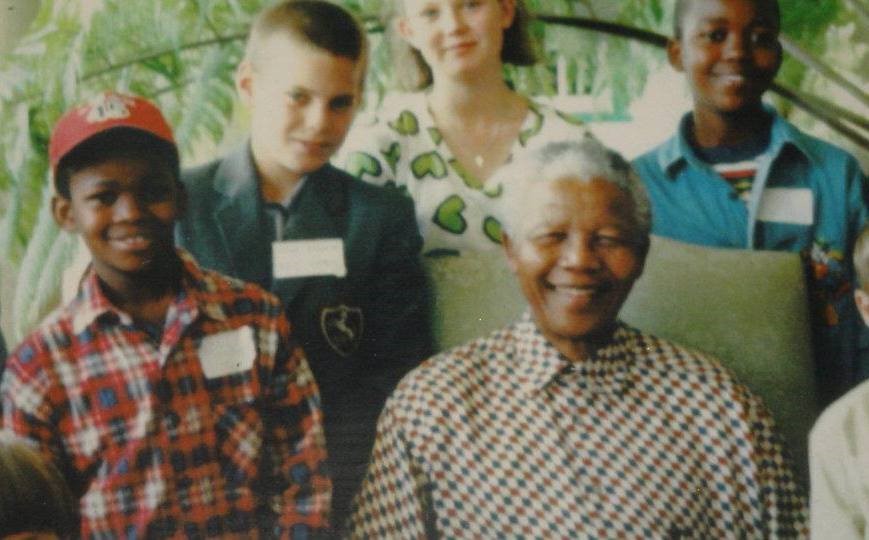
On July 18th, the International Republican Institute (IRI) joined the world in celebrating Nelson Mandela International Day, proclaimed by the United Nations in 2009 as a day to honor the South African leader’s remarkable legacy. In this blog, we reflect upon the challenges facing the Southern Africa region as its people strive to live up to Mandela’s example – and showcase some of the ways that young Southern Africans are working to fulfill his vision of a more democratic and just society.
The core values that defined Nelson Mandela’s life and work have never been more relevant. His personal belief in the importance of democracy and an active citizenry underpinned Mandela’s presidency and his leadership in bringing South Africa out of apartheid. These values were also prominent in Mandela’s post-presidential legacy, which was devoted to promoting service and civic participation to lift South Africans out of poverty and forge a brighter, more democratic future.
How is Mandela’s legacy being carried forward in Southern Africa today? The answer is complicated. With the end of colonial rule and the flourishing of liberation movements in the latter half of the 20th century, citizens in Southern Africa put their faith in liberation movements – such as South Africa’s African National Congress (Mandela’s party and oldest liberation movement on the continent), Robert Mugabe’s Zimbabwe African National Union-Patriotic Front and Sam Nujoma’s South West Africa People’s Organization in Namibia – to build more just and democratic societies. Widespread confidence in these movements-turned-ruling political parties has dissipated in recent years, as varying levels of persistent economic inequality, poor governance and rampant corruption have left many citizens of Southern Africa behind.
With a younger generation coming to the fore politically and socially, there is reason to hope that Southern Africa is headed in a more democratic direction. Young politicians are increasingly willing to challenge the political establishment, and youthful and activist-inclined political movements have spurred important reforms. This younger generation is heeding Mandela’s call for greater civic activism, and has applied it to the issues and challenges most pertinent to them, including service delivery shortfalls, poor governance, corruption and failing government representatives.
Youth-led protest movements have had a significant impact in improving government accountability in the region. In South Africa, the 2016 #FeesMustFall student movement was able to secure increased access to education nationwide for disadvantaged members of society. Following the May 2019 presidential elections in Malawi that were widely considered fraudulent, which kept the incumbent President Peter Mutharika in power, youth-led protests erupted nationwide, and ultimately influenced the Constitutional Court decision that voided the elections’ results – paving the way for new elections in 2020 in which the opposition emerged victorious. And in Zimbabwe, the popular #ThisFlag movement – led by Pastor Evan Mawarire and buoyed by the youths who propelled it both online and in the streets – has helped to push for political and constitutional changes in the country.
IRI is committed to working with our partners in Southern Africa to amplify citizen voices and give officials the skills needed to be responsive to constituents. In South Africa’s Eastern Cape province, where natural resource governance creates tension between citizens, local representatives and private mining companies, IRI supports relationship-building between community members and their municipality. In Zimbabwe, IRI has promoted civic participation and engagement with government officials by providing civic education on the 2013 Constitution through online platforms such as GoZim. The program also targeted marginalized groups (including youth) by planning civic education activities around youth-centered events such as music concerts, arts and cultural festivals and sports games.
Across Southern Africa, young people are showing the world that Nelson Mandela’s legacy can be found not just in a desegregated South Africa, but in a new generation that is committed to furthering his most treasured values. IRI is proud to assist them as they continue their journeys to build more just and democratic societies.
Top